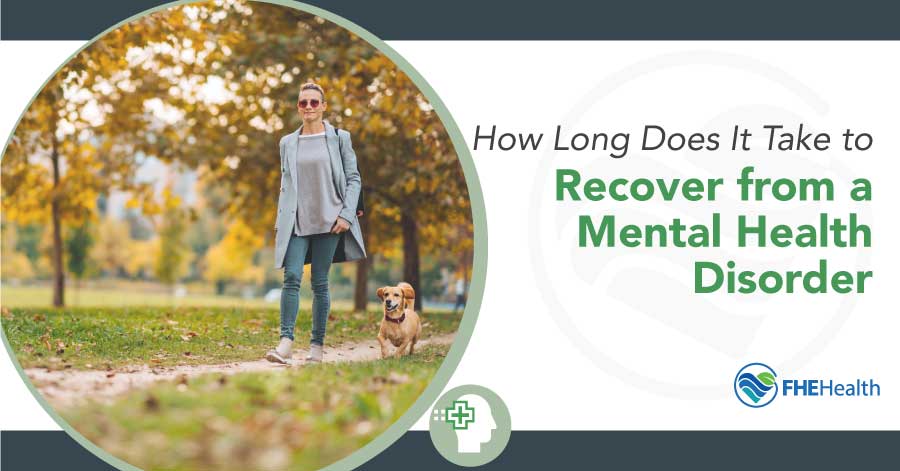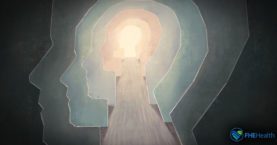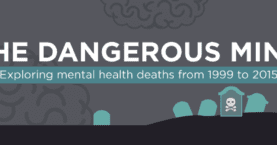
What does recovery from mental illness look like? That’s a question that almost anyone affected by a mental health disorder wants an answer to. A truly satisfying answer can be complicated. It’s important to understand how mental illnesses can manifest, how they are treated, and the differences in their reoccurrences. Yet there is hope: Recovery from mental illness is possible, even for some with treatment-resistant depression.
Understanding the Wide Variety of Mental Health Disorders
A mental health disorder isn’t a single illness but encompasses many distinctly different disorders, some of which are similar in terms of symptoms. As such, it is best to get a medical evaluation to determine if there is a diagnosable mental health disorder with treatment recommendations. Still, having a general knowledge of the different types of mental illnesses and their prevalence can be helpful when searching for information about recovery from mental illness or asking if a mental illness can be cured.
The Diagnostic and Statistical Manual of Mental Disorders, Fifth Edition (DSM-5), includes a lengthy list of nearly 300 different mental health conditions. The most common types of mental health disorders include:
- Anxiety disorders – According to the National Alliance on Mental Illness (NAMI), anxiety is the most common mental health disorder in America, affecting over 40 million adults.
- Mood disorders (including depression, bipolar disorder, cyclothymic disorder)
- Psychotic disorders (including schizophrenia)
- Personality disorders (including obsessive-compulsive disorder, antisocial personality disorder, paranoid personality disorder)
- Eating disorders (including bulimia nervosa, anorexia nervosa, binge eating disorder)
- Disorders of impulse control and addiction
- Post-traumatic stress disorder (PTSD) – Often triggered by a traumatic event, PTSD affects an estimated 3.6 percent of adults in the U.S.
Mental Illness Recovery Timeframes
There’s no magic cure for mental illness, yet recovery from mental illness is achievable with effective treatment. How long it takes for recovery varies but most recovery times tend to be longer rather than short.
Also, since an estimated 25 percent of those with a serious mental health disorder suffer from substance use disorder or another mental health disorder, treating both simultaneously in a multi-faceted approach is both challenging but necessary. Often individuals who have a serious mental health disorder such as depression, OCD, PTSD, or bipolar disorder seek relief from symptoms by using alcohol or drugs, exacerbating their problems and fostering an addiction.









